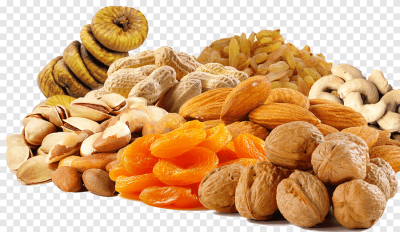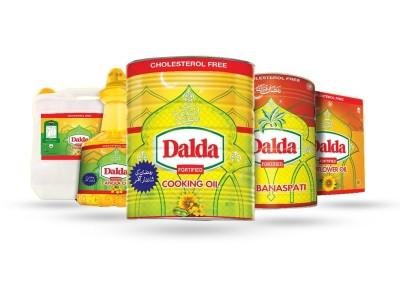Cooking oils and ghee are essential components in many kitchens worldwide, each offering unique flavors and nutritional benefits. At Royal Punjabi, we are dedicated to providing you with high-quality oils and ghee that not only enhance your culinary creations but also contribute to a healthy diet. In this article, we will explore the nutritional value of various cooking oils and ghee, helping you make informed choices for your kitchen.
The Role of Fats in a Healthy Diet:
Before diving into the specifics of different oils and ghee, it's important to understand the role of fats in our diet. Fats are a vital macronutrient, providing energy, supporting cell growth, protecting organs, and helping the body absorb certain nutrients. However, not all fats are created equal, and the type of fat you consume can significantly impact your health.
Olive Oil: The Heart-Healthy Choice
Nutritional Highlights:
- Monounsaturated Fats: Olive oil is rich in monounsaturated fats, particularly oleic acid, which has been linked to reduced inflammation and a lower risk of heart disease.
- Antioxidants: It contains powerful antioxidants like vitamin E and polyphenols, which help protect against cellular damage.
- Vitamin K: Olive oil also provides vitamin K, essential for blood clotting and bone health.
Health Benefits: Olive oil, especially extra virgin olive oil, is renowned for its heart-protective properties. Regular consumption is associated with lower blood pressure, improved cholesterol levels, and a reduced risk of stroke and heart disease. It’s also beneficial for brain health and has anti-inflammatory effects.
Coconut Oil: The Versatile Fat
Nutritional Highlights:
- Saturated Fats: Unlike most plant oils, coconut oil is high in saturated fats, specifically medium-chain triglycerides (MCTs), which are more easily metabolized for energy.
- Lauric Acid: This fatty acid can have antimicrobial and antibacterial properties.
Health Benefits: Coconut oil is celebrated for its quick energy boost due to MCTs, making it popular among athletes and those following ketogenic diets. It may support weight loss by increasing fat burning and reducing appetite. Additionally, its antimicrobial properties can support immune health.
Canola Oil: The Balanced Oil
Nutritional Highlights:
- Low in Saturated Fats: Canola oil is low in saturated fats and high in monounsaturated fats, making it heart-friendly.
- Omega-3 Fatty Acids: It contains alpha-linolenic acid (ALA), a type of omega-3 fatty acid beneficial for heart health.
Health Benefits: Canola oil’s balanced fat profile makes it a versatile and healthy choice for cooking. Its omega-3 content supports cardiovascular health, while its low saturated fat content helps maintain healthy cholesterol levels.
Ghee: The Traditional Favorite
Nutritional Highlights:
- Butyric Acid: Ghee is a good source of butyric acid, a short-chain fatty acid beneficial for gut health.
- Fat-Soluble Vitamins: It is rich in vitamins A, E, and K2, essential for vision, skin health, and bone strength.
Health Benefits: Ghee, or clarified butter, is prized in Ayurvedic medicine for its digestive benefits. It supports gut health, improves absorption of nutrients, and has anti-inflammatory properties. Ghee is also lactose-free, making it suitable for those with lactose intolerance.
Avocado Oil: The Nutrient Powerhouse
Nutritional Highlights:
- Monounsaturated Fats: Similar to olive oil, avocado oil is high in heart-healthy monounsaturated fats.
- Lutein: Avocado oil is rich in lutein, an antioxidant important for eye health.
- Vitamin E: It provides vitamin E, which supports skin health and immune function.
Health Benefits: Avocado oil promotes heart health, reduces cholesterol levels, and supports eye health due to its high lutein content. Its anti-inflammatory properties can also benefit joint and skin health.
Sunflower Oil: The Versatile Cooking Oil
Nutritional Highlights:
- Vitamin E: Sunflower oil is one of the richest sources of vitamin E, an antioxidant that protects cells from damage.
- Polyunsaturated Fats: It contains a significant amount of linoleic acid, an essential omega-6 fatty acid.
Health Benefits: Sunflower oil supports skin health due to its high vitamin E content. It helps maintain healthy cholesterol levels and supports the immune system. However, balancing omega-6 intake with omega-3 is important to avoid inflammation.







